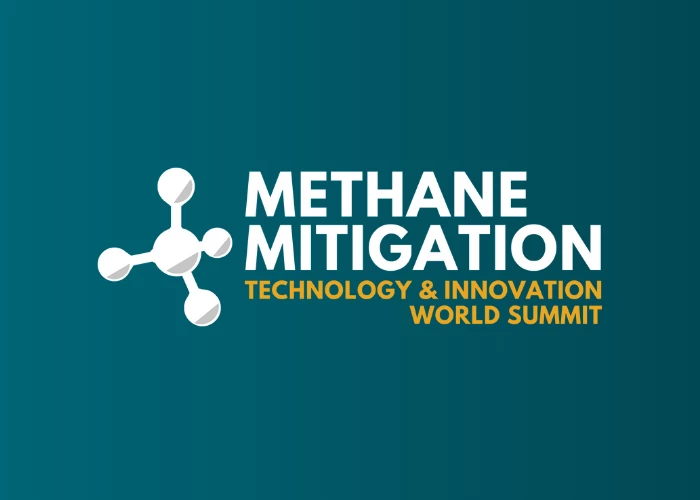Change is a constant in the oil and gas Industry. From lower oil prices to increasingly complex government regulations, today’s business realities are forcing new approaches.
In the long term, these digital transformation approaches promise to increase operating efficiencies, increase revenues, and reduce operating costs, but today's business dynamics are forcing companies to confront these challenges today.
While there are a number of areas that have been identified by analysts, industry experts, and other consultants, including Accenture, there are three key areas where the digital transformation is either forcing the industry to react or providing opportunities for the industry to transform themselves. Let’s explore each.
Engagement with Your Customers
The oil and gas Industry is today facing the same challenges as nearly every other global business sector. One of these is finding ways to improve the ways that it interacts with its customers. In 2014, a study conducted by the Altimeter Group found a couple of very interesting facts:
- Only 25% of those companies surveyed have a clear understanding of the new digital possibilities and their applicability for their business.
- But nearly all of these same companies – 88% of respondents – were aware that their businesses were undergoing digital transformations of some kind.
These same alarm bells are impacting the oil and gas industry. While the industry struggles with many of the issues discussed earlier, customers are increasingly demanding that their vendors raise the bar with respect to customer interaction, real-time support, and more.
Whether it is helping customers to understand your company’s offerings, providing better tools and insights to enable your customers to make better choices, or launching new touch points to allow your customers to better interact with your customer service and support teams, customer engagement is an important facet of a company’s digital transformation.
Striving for “Smart” Operations
With real-time asset performance data comes the ability to analyse this information to improve operations. As it applies to oil and gas pipelines, distribution, or the smart grid, digital transformation principles promise to improve fault isolation and outages, optimise performance, and more effectively integrate distributed assets.
Real-time data analytics, increasingly available through cloud-based technologies, enable operators to more effectively manage real-time challenges, as well as to predict actions appropriate to improve productivity, identify fault causes and locations.
Advanced analytics and integration with asset management tools provide more insight in market demand and the corresponding productivity requirements. By increasing their focus on customer requirements and patterns, companies are able to optimize their demand response and, ultimately, increase their revenues.
Managing Your Asset Digitally
One last area focuses on the long-term planning and investment of oil and gas industry assets, such as refineries and oilfields in the oil and gas industry or power generation and transmission in the Utilities industry. In this area, we actually see two dimensions of transformation that have the potential to yield significant benefit:
- Digital Asset Management - This allows for more effective use asset information, data, and analytics to predict asset performance, identify changing conditions, and evaluate investment options through real-time monitoring and data aggregation.
- Digital Field Workers - This takes advantage of the more effective management of work requirements, improved planning and scheduling, and logistics optimisation. Work order and information management solutions are critical to enabling these efficiencies and reducing the ad hoc and tribal knowledge that most operations still rely upon today.
Investments in information technology enable the connection of physical assets with the virtual environment through business solutions, enabling oil and gas companies to create transparency across their daily operations.
Digital Transformation is not just about being able to see what is happening across an organisation but also to create the ability to control and predictively respond to operating environment factors to maximise operational efficiency.
So, two questions emerge from this:
- Has your organisation begun its digital transformation?
- Are you pursuing one or more of the initiatives above?














